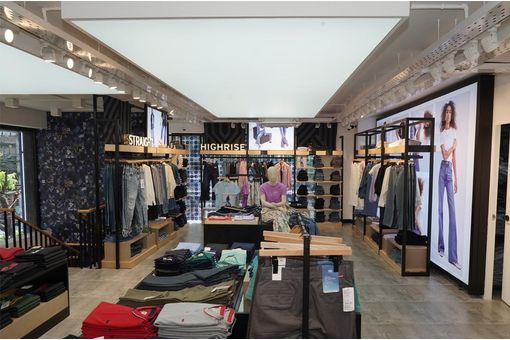Interviews
NRF urges complete approach against criminal cyber attacks
04 Feb '14
4 min read
The National Retail Federation urged Congress to take a comprehensive approach as it contemplates a national response to criminal cyber attacks in which millions of consumers’ credit and debit card numbers were stolen. NRF said retailers are willing to do their part to improve security, but that banks and card companies must also take major steps to shore up the current fraud-prone payments system.
“When a criminal breach occurs in the payments system, all of the businesses that participate in that system and their shared customers are victimized,” NRF Senior Vice President and General Counsel Mallory Duncan said. “Rather than resort to blame and shame, the parties should work together to ensure that the data breach is remedied and steps are taken to prevent and mitigate future breaches.”
“Retailers take the increasing incidence of payment card fraud very seriously,” Duncan said. “We have every reason to want to see fraud reduced, but we have only a portion of the ability to make that happen. We did not design the [payments] system, we do not configure the cards and we do not issue the cards. We will work to effectively upgrade the system, but we cannot do it alone.”
Duncan is scheduled to testify this afternoon before a hearing on data security being held by a subcommittee of the Senate Banking, Housing and Urban Affairs Committee. In testimony prepared for delivery at the hearing, Duncan said the United States is under constant criminal attack from sophisticated cybercriminals – largely located overseas – who target financial institutions, manufacturers, public utilities, and other businesses, not just retailers.
“This is a continuous battle against determined fraudsters,” he said. “Every party in the payment system, financial institutions, networks, processors, retailers and consumers, has a role to play in reducing fraud.”
In the short term, Duncan said the banking industry needs to replace current cards that store consumer data on 1960s-era magnetic strips, and have users sign their name with modern cards that encrypt data on an embedded microchip and require use of a secret Personal Identification Number, or PIN.
Instead, banks and card companies have pushed so-called EMV – Europay, MasterCard and Visa – proprietary cards that use a chip but remain open to fraud by allowing the use of a signature. Duncan said replacement of easily forged signatures with a PIN and Chip card is essential to security.
Popular News
































-Ltd..jpg?tr=w-120,h-60,c-at_max,cm-pad_resize,bg-ffffff)





.jpg?tr=w-120,h-60,c-at_max,cm-pad_resize,bg-ffffff)
.jpg?tr=w-120,h-60,c-at_max,cm-pad_resize,bg-ffffff)






